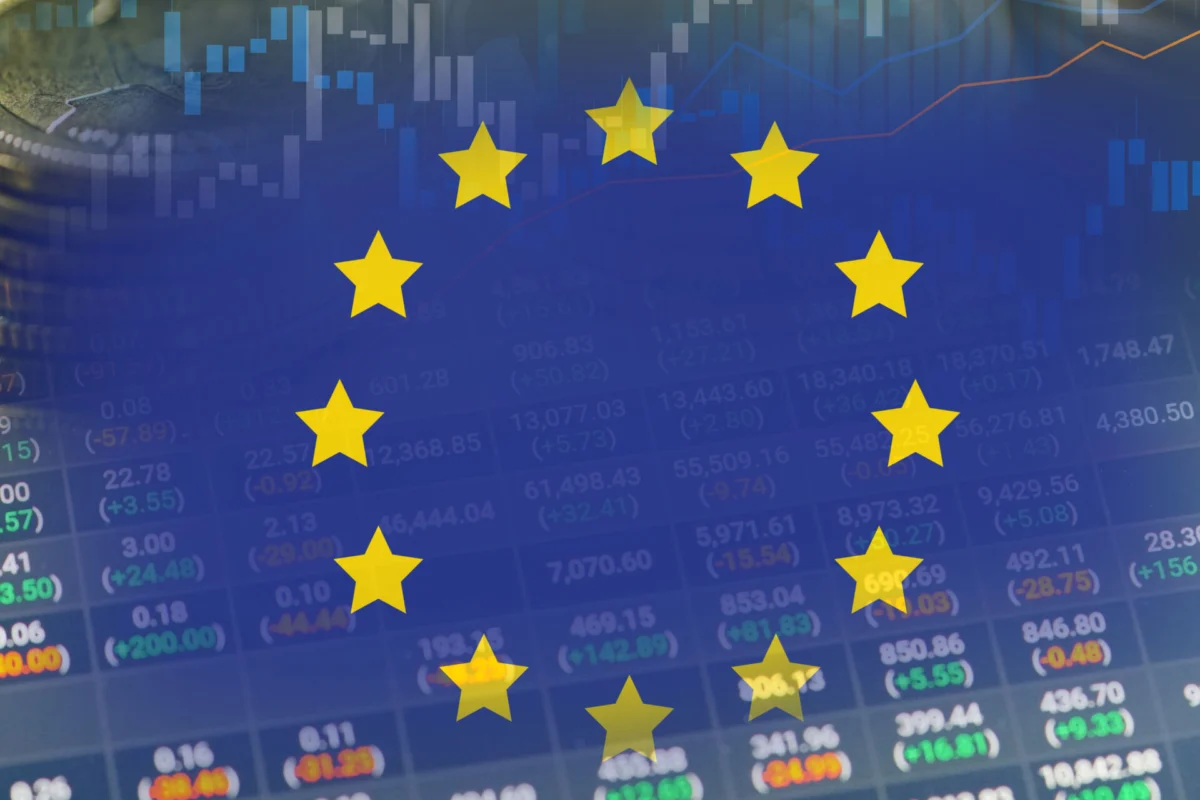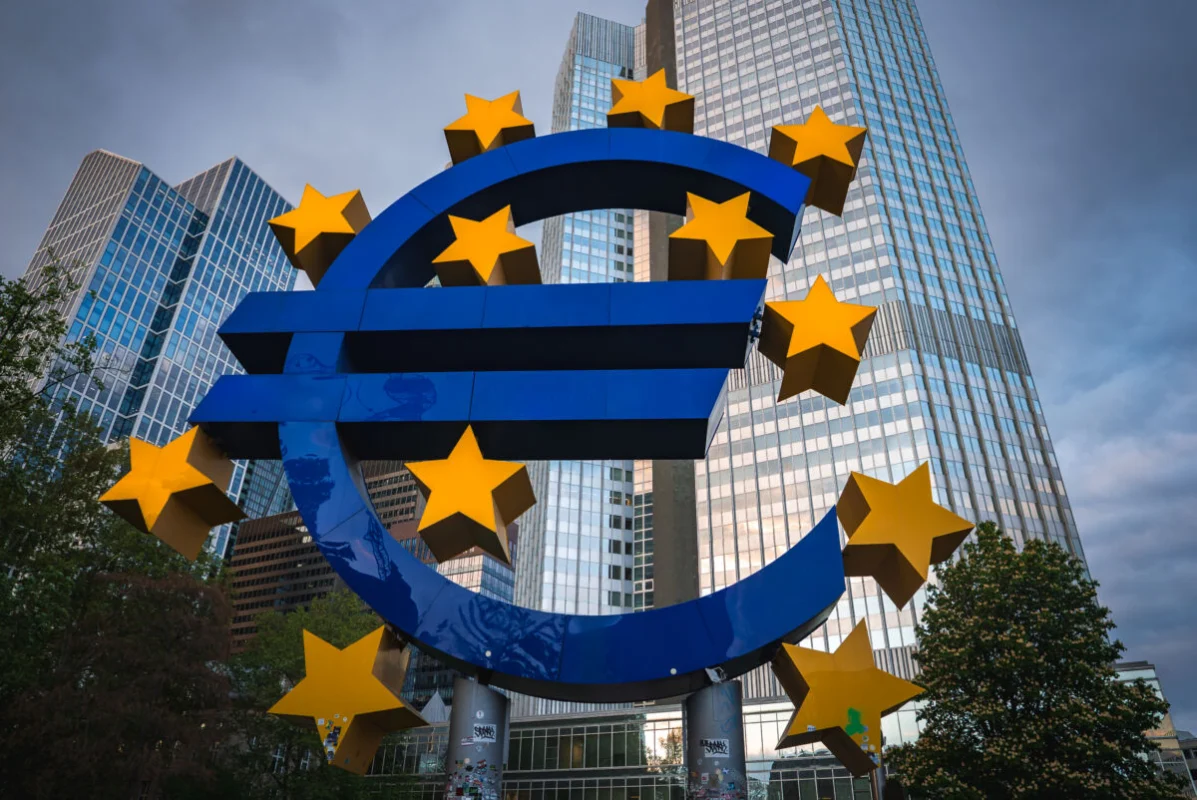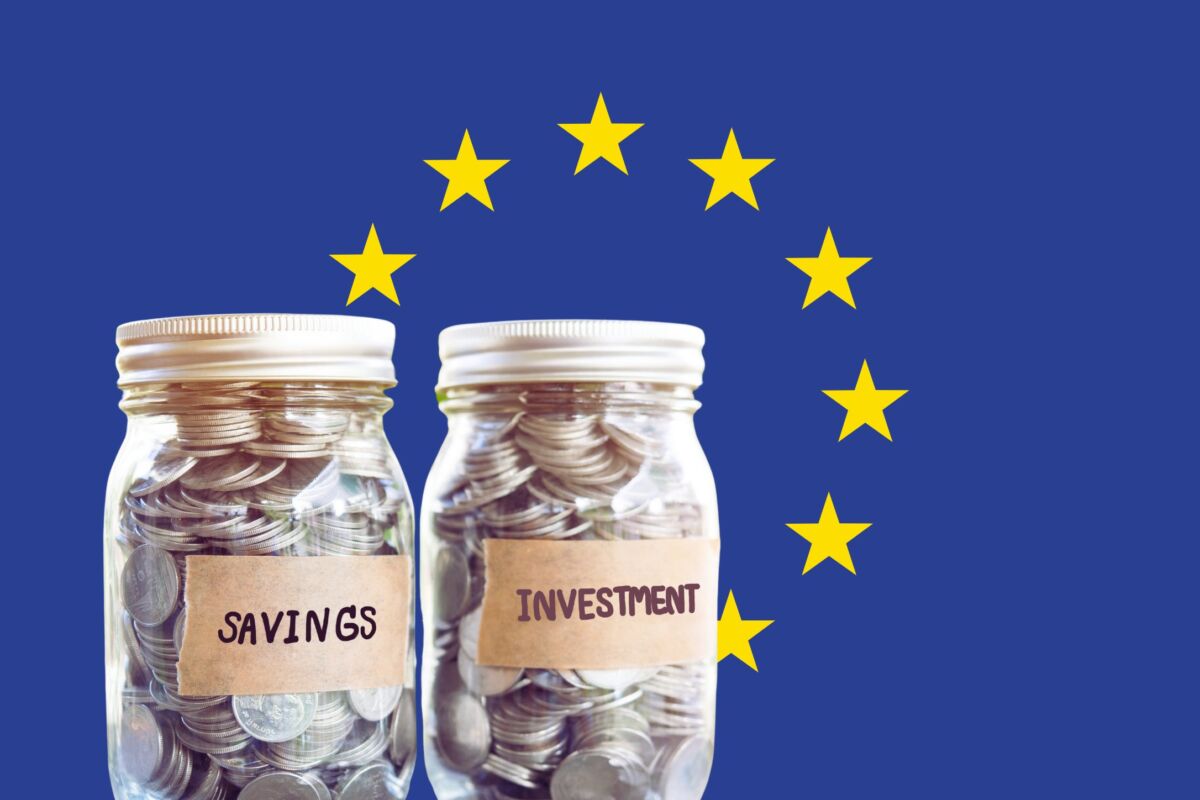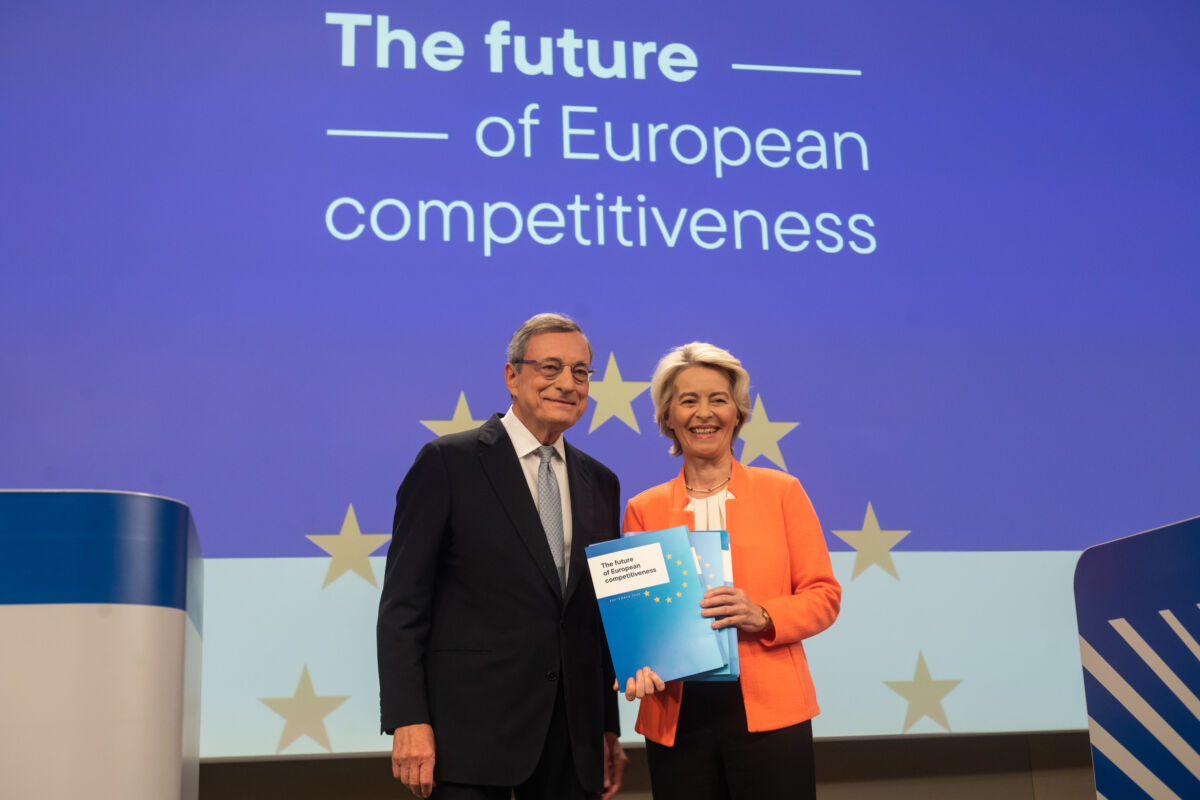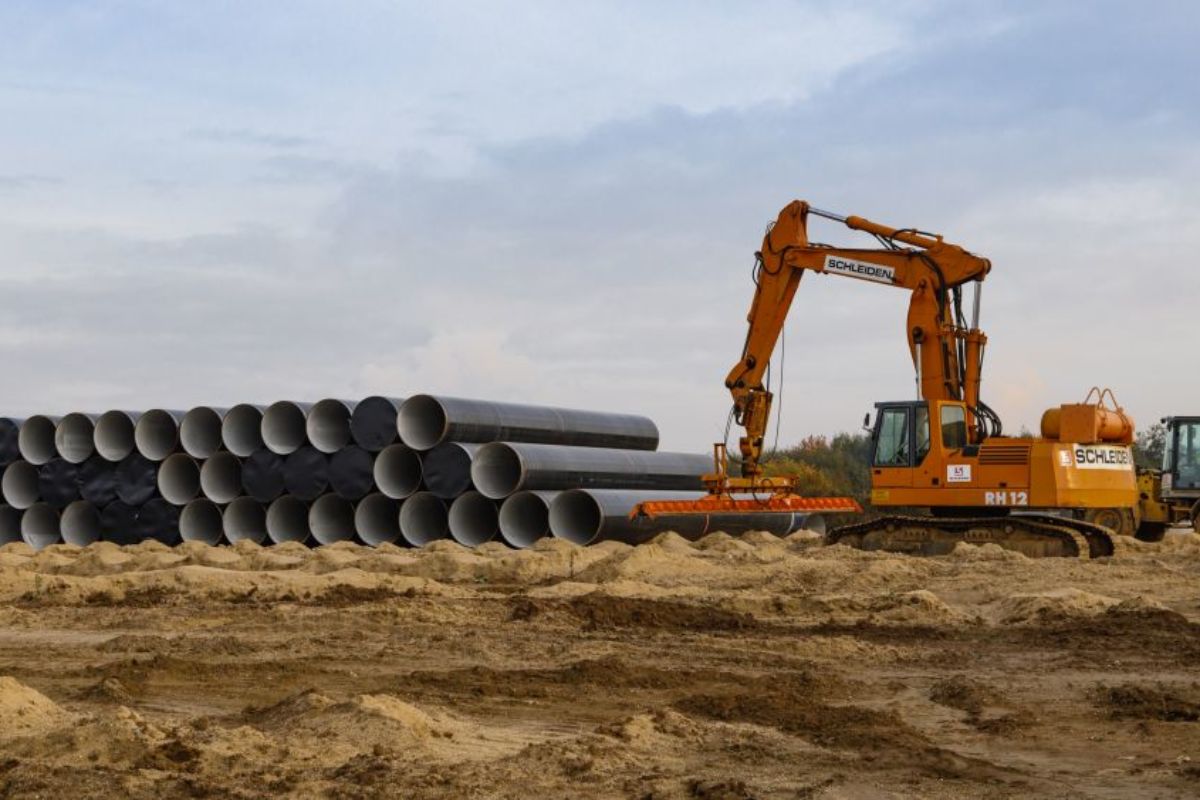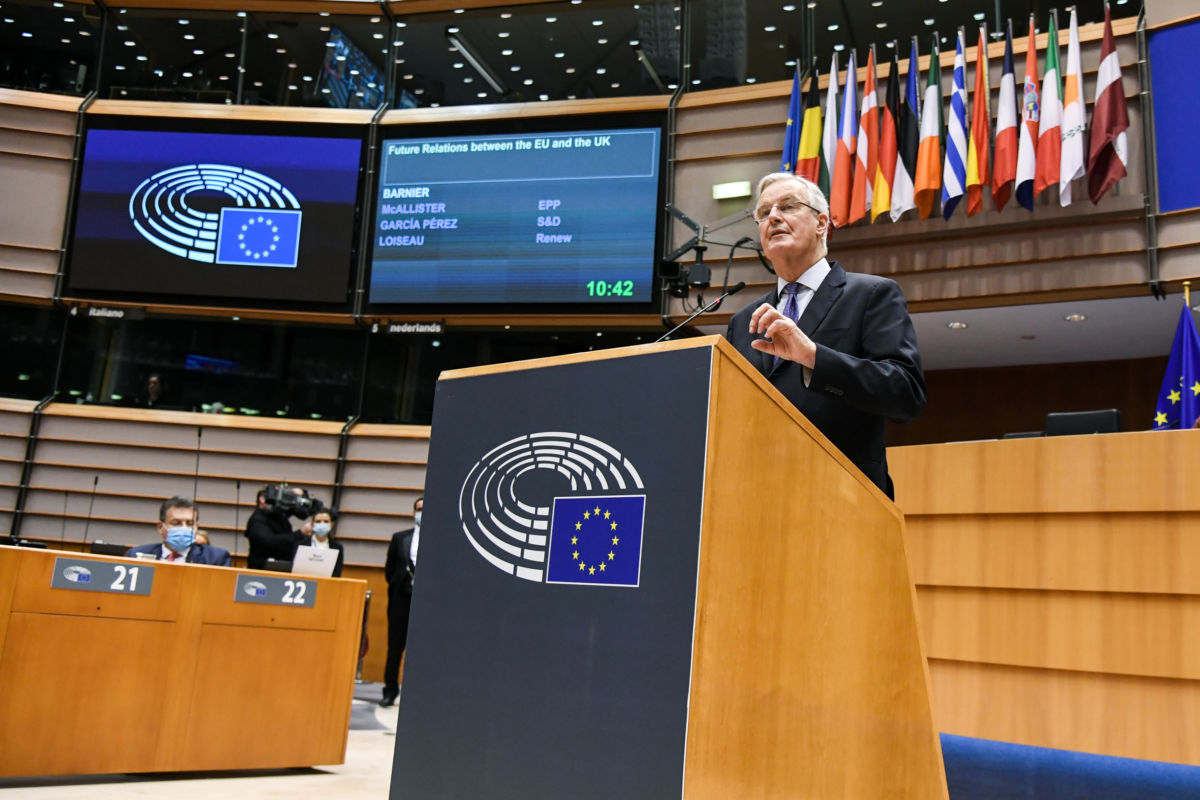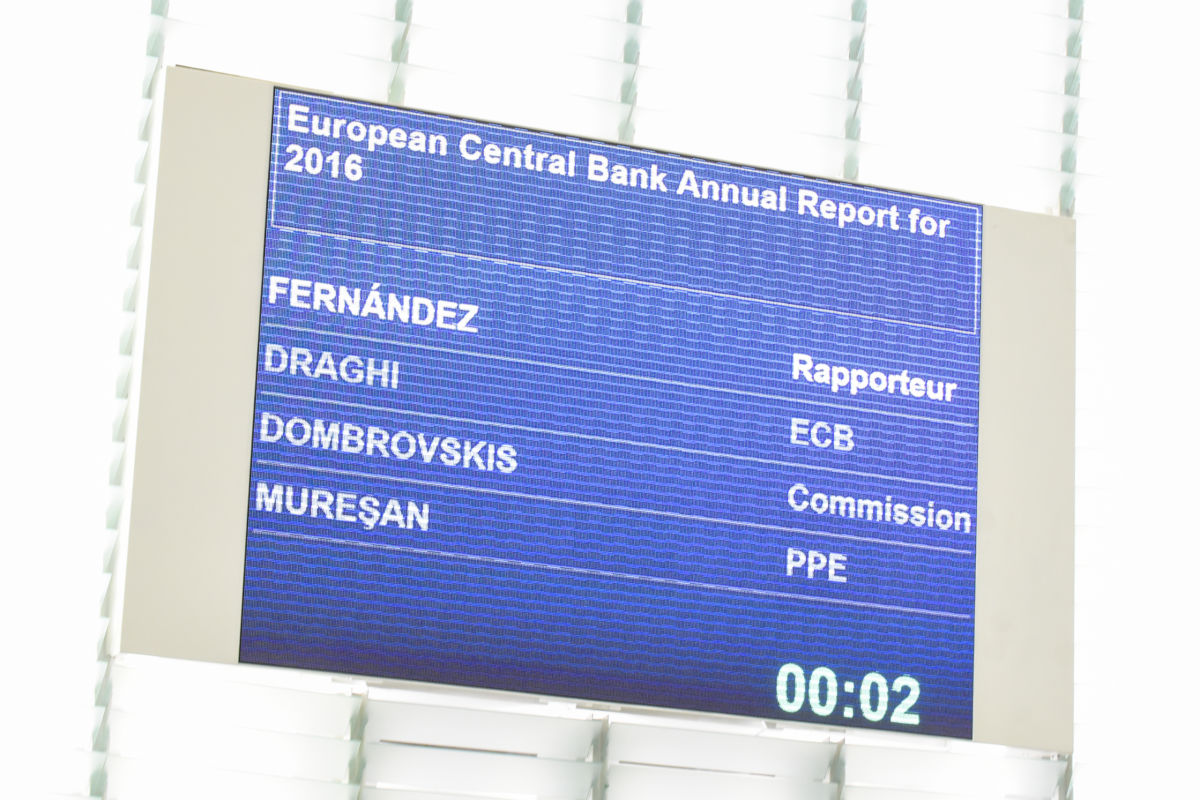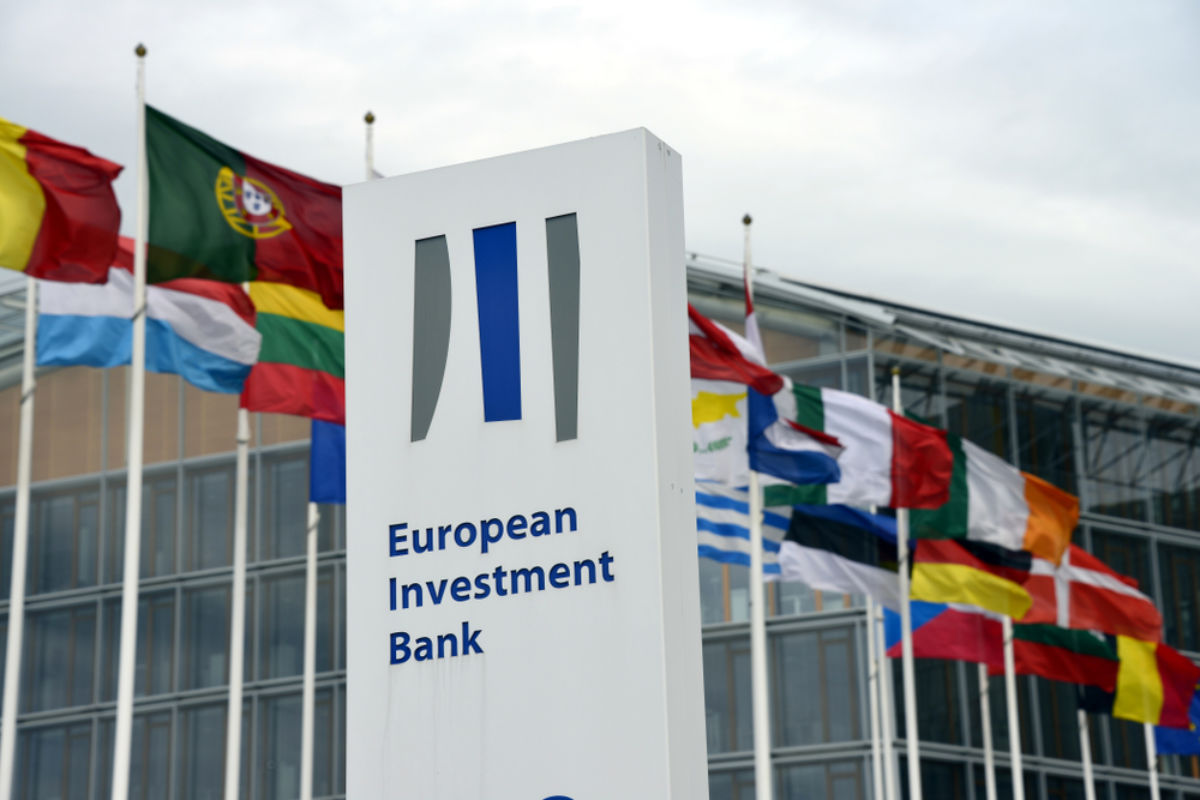In preparation for the forthcoming annual conference of Intereconomics, three experts who will be speaking at the event will answer some of the core questions on the theme.
They are:
Cinzia Alcidi, Senior Research Fellow and Head of Economic Policy Unit, CEPS
Christian Bodewig, Programme Manager, Southern Europe, World Bank and co-author, “Growing United: Upgrading Europe’s Convergence Machine”
Brigitte Preissl, Head of programme area “Knowledge Transfer in Economics”, Leibniz Information Centre for Economics (ZBW) and Editor-in-chief of “Wirtschaftsdienst” and “Intereconomics”
Question 1: Is the EU still a “convergence machine”?
CB: Yes, the EU is still a convergence machine, especially for the countries of Central and Southeastern Europe. For example, Poland has achieved high-income status faster than any other country except for South Korea. Romania’s GDP per capita has jumped from 35 to 58 percent of the EU average between 2005 and 2016. However, there are growing divides in economic outcomes between countries, regions and people which increasingly challenge EU’s convergence promise
BP: No. For a certain time, entering the EU helped new member states to grow faster than the incumbents just because of the access to a bigger market. However, this lasted only as long as every country was growing at a sufficient path (i.e., the markets kept growing). The ‘machine’ had then to be complemented by subsidies, for example, the structural funds and lost ots dynamic altogether when the crisis hit.
CA: Yes, from an Eastern European perspective. No, from a Southern European perspective. While most new EU MS have converged towards the EU average by growing at higher speed than the EU average, in Southern (old) EU MS the process has slowed down during the crisis or even turned into divergence.
Question 2: What are the crucial trends in economic convergence in the EU?
CB: Inequality among people has been mounting in many parts since the 1990s, as low-income Europeans have been falling behind in the labour market. The productivity gap between Southern and Northern member states has been widening since the early 2000s. And within countries, regional divides are increasing – even in those countries, like Poland and Romania, who are converging to EU averages. We see that that technological change, by revolutionizing product and labour markets, is slowing down the old convergence machine: digital technologies, artificial intelligence and 3D printing offer ever-richer opportunities for high-skill workers and frontier firms, while low-skill workers and less productive firms risk falling behind.
BP: ‘Automatic’ convergence is a theoretical concept which only works under quite restrictive conditions. ‘Free markets’ is only one of them. The process of alignment of growth rates and the general standard of living is vulnerable. Nowadays it is more interesting and of greater relevance to look at processes of divergence and at how to counterbalance them. When it comes to the convergence of institutions and political responses to the vulnerability and imperfection of markets, there is an ongoing debate on how much convergence is suitable and desired.
CA: Convergence at the level of MS does not always reflect dynamics at regional level. MS growing at high rates, and hence converging, often exhibit high regional disparities: capital regions growing at very speed, while rural regions lag behind. Similar pattern is also happening within southern countries where convergence has been week or even stopped. In these countries, regions with a lower level of income have lost substantially relative to the average and have entered a clear diverging pattern.
Question 3: Can we expect convergence to continue forever?
CB: Europeans are increasingly recognizing that convergence is not automatic. Countries and regions that provide fewer opportunities for people to build relevant skills and a less supportive environment for firms to adopt technology and thrive are losing ground. Our research shows that there are wide divides in the quality of education and the business environment between leading and lagging countries in the EU. For example, in Bulgaria, and Romania more than 30 percent of 15 year-olds fail to acquire basic proficiency in mathematics – in Estonia the share is less than 10 percent. The same is true for leading and lagging regions within countries: In Italy students in the Veneto region have a learning advantage of more than two years of schooling over students in Calabria.
BP: This is a strange question. If convergence were to go on forever, this implies that no (or only marginal) progress would be reached
CA: No, and there are two arguments. The first is empirical and based on the experience of the US states. Convergence measured as falling differences in growth across the states did not happen continuously over time. If anything, it increased again after being on a declining trend for decades. It seems that some States tend to grow always more or always less than others. The second argument is more theoretical. Based on the different stages of development, it is reasonable to believe that the high growth rates become less likely once a country has reached a certain level of income per capita. Only those countries which manage to push the technology frontier can grow at high rates once they have become mature economies. This may imply that once the catch up phase is concluded the process of convergence may slow down or even stagnate.
Question 4: What are the key drivers of convergence and what policy measures can the EU use to foster economic convergence in the coming decade?
CB: Accelerating technological change calls for upgrading Europe’s convergence machine, to seize its benefits for all Europeans. The convergence machine 2.0 should focus on the convergence of opportunities for people and firms across the Union. It should support the capabilities of people (skills) and firms (innovation and technology adoption), and provide a level playing field for people and firms through flexible labor markets and social protection of workers (not jobs) and an enabling business environment. Europe’s Single Market is a major asset for EU member states, and a key tool of the convergence machine, which can be leveraged more to boost productivity across the Union.
BP: Growth and the harmonisation of institutions. However, it is a big mistake to think that convergence only requires the transfer of resources from one country to the other and the implementation of certain regulatory rules everywhere. Without a common understanding of the rationale behind these transfers, their justification and role in the context of a united Europe, hence without a political discussion about what Europe is about beyond ‘money’, convergence will remain a transfer game.
CA: Convergence does not mean that countries have to be homogeneous or even similar. Each country can find its own development model and drivers, but two factors are crucial for ensuring long term convergence: quality of institutions and education.
Question 5: Do you see a link between the lack of convergence (in some Member states/regions) and the rise of populism?
CB: Europeans are aware of the technological revolution underway, and many are afraid to be left behind. But with the right policies of the upgraded convergence machine in place, technology need not result in growing divides and can actually be leveraged for better outcomes for all.
BP: Yes. And policy uses the lack of convergence for its own purposes by playing the ‘accusation game’.
CA: I do not think there is clear link. Populist parties across Europe have being using different rhetoric and proposing different policies deepening on the national context. They found support in countries growing fast and in those with sluggish growth. The common point among all is that the EU is the scapegoat for domestic problems.
———
The Annual Conference of Intereconomics will take place on 9 October 2018 Tuesday, 09:30-17:00. The event is jointly organised by CEPS and the Leibniz Information Centre for Economics (ZBW). It will also be livestreamed on the website of CEPS.
For more information, visit: https://www.ceps.eu/events/economic-convergence-or-divergence-eu



